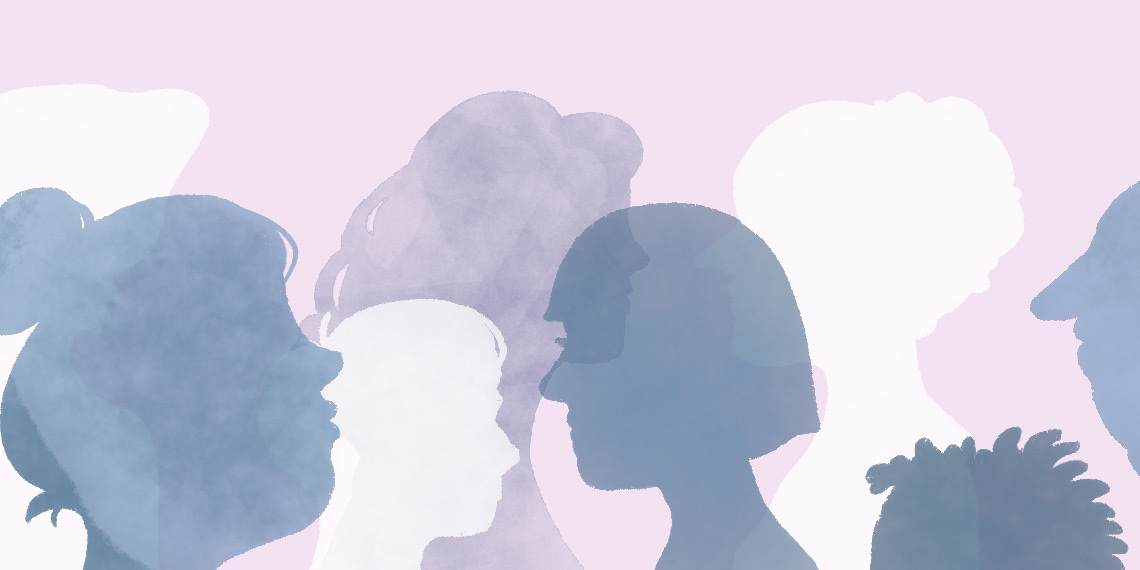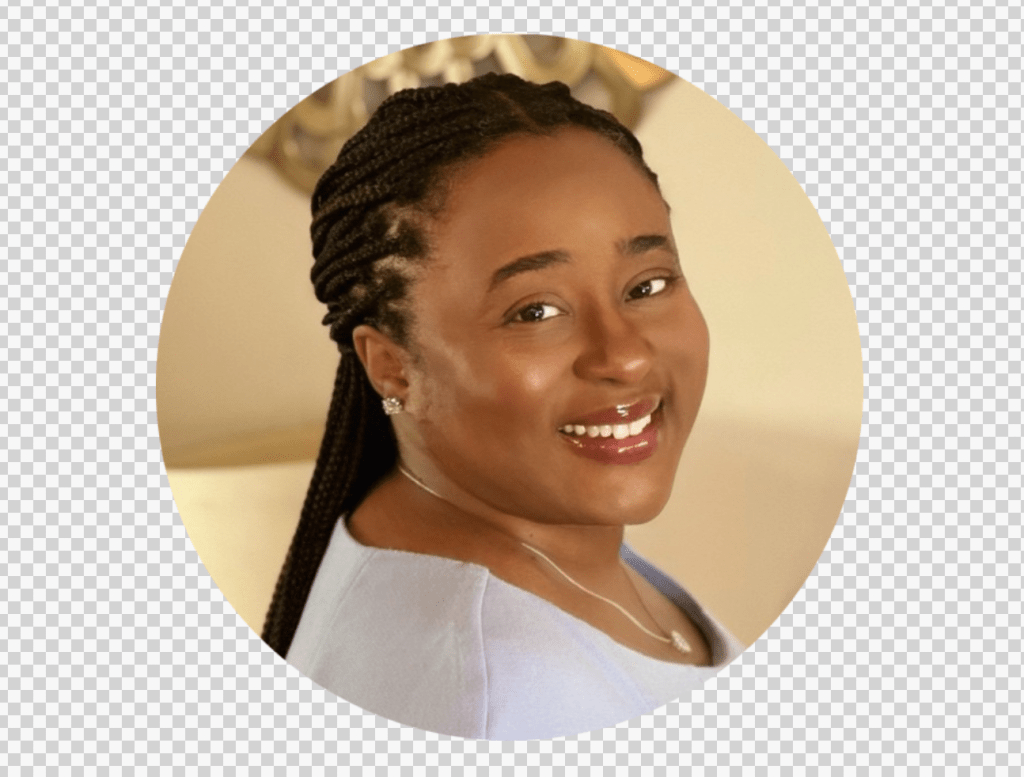WTF is ‘pretty privilege’?

Mirror, mirror on the wall, who’s the highest-paid of all?
According to fresh research, it might just be the most physically appealing person in your office.
A study by career platform StandOut CV pulls back the curtain on what many have long suspected: good looks pay dividends in the workplace.
The survey of more than 1,000 people in the U.S. uncovers the stark reality of “pretty privilege” — which may benefit the more beautiful but which can hurt an organization overall.
What is pretty privilege?
Pretty privilege, as you might imagine, is when looks mean more than substance, and there are clear advantages afforded to conventionally attractive people over the rest of us plain Joes and Janes.
More than 4 in 5 respondents believe that conventionally attractive people have an easier time getting ahead. Meanwhile, those who rate themselves as “extremely attractive” pocket nearly $20,000 more annually than their less superficially blessed colleagues.
It all may seem trivial, but pretty privilege is a very real phenomenon, the study proposes — and it’s not just about one’s natural biological gifts. It is also about how much workers choose to invest in their personal appearance. More than 80% of survey respondents view people who put more effort into their looks as more competent and professional.
How does it get you ahead?
Perhaps most telling is the correlation between perceived attractiveness and climbing the corporate ladder.
Case in point: While 3 out of 5 entry-level employees rate themselves as attractive, nearly all CEOs in the survey scored themselves as a 7 or above on a 10-point attractiveness scale. Even more telling, 7 in 10 rate themselves as a 9 or 10 out of 10 — more than double the study average of 33%. (The findings, as it happens, dovetail with another study which found that nearly 1 in 5 CEOs are narcissists.)
The clear takeaway: As one advances the corporate ranks, self-perception is a reliable traveling companion along that journey.
The ugly truth
For business leaders, the findings present a challenge: how to foster workplaces where talent trumps appearance, with nearly 7 in 10 employees having witnessed appearance-based discrimination firsthand.
Enya Doyle, a consultant specializing in workplace harassment, points to the “sinister underbelly” of pretty privilege. “When attractiveness is treated as a currency at work, it usually creates a power imbalance that can fuel harassment, objectification and coercion, especially for women,” she said.
Patrice Williams Lindo, CEO at coaching service Career Nomad, points out that the workplace has never been a “pure meritocracy,” and the survey merely puts numbers to what many working people — particularly women and people of color — have known for some time: how you look has a direct impact on how (or whether) you rise.
“True leadership is built on results, not reflections,” she said.
Beyond the jawline
While landing that choice job, advancing in your career and being paid handsomely clearly ought to be based on merit alone, the truth is that being attractive is akin to “a secret cheat code,” notes Joosep Seitam, co-founder of the e-commerce platform Icecartel. People tend to unconsciously associate being good looking with confidence and leadership skills, as “humans are wired to trust good looks,” he said.
Chalk it up to one of those pesky, unfair facts of life.
“Ultimately, success is about more than a jawline,” as Seitam puts it. “But in a world where it’s all about appearance, how you show up can make or break possibility.”


